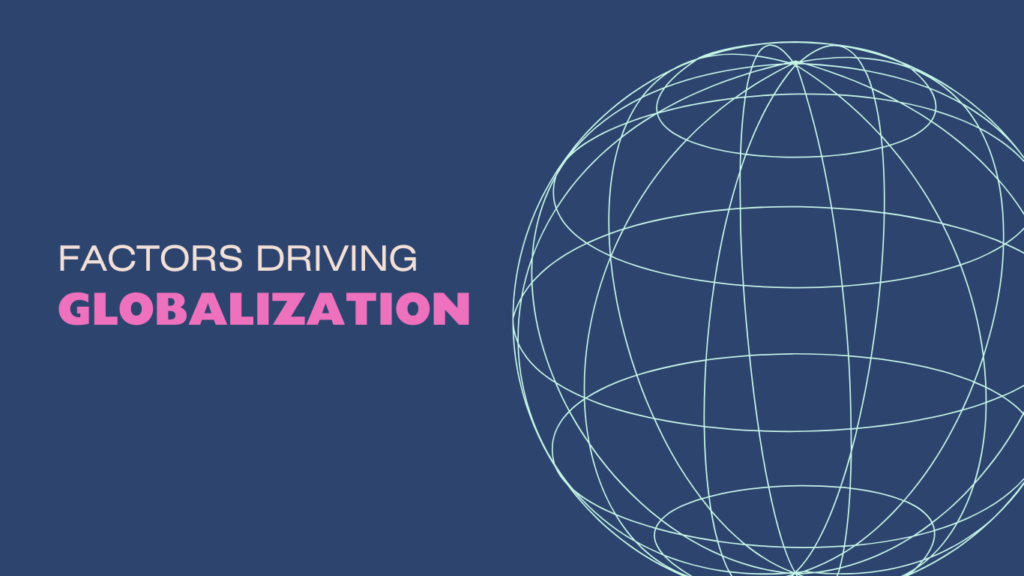Game Theory
Game Theory is the concept of Operation Research used in decision making for analyzing competitors’ strategies and planning to gain competitive advantage in the market Competitors play a vital role in the decision-making of an organization. Each strategy by an organisation is formulated after keeping its competitors’ actions in mind. In the same way, the […]



